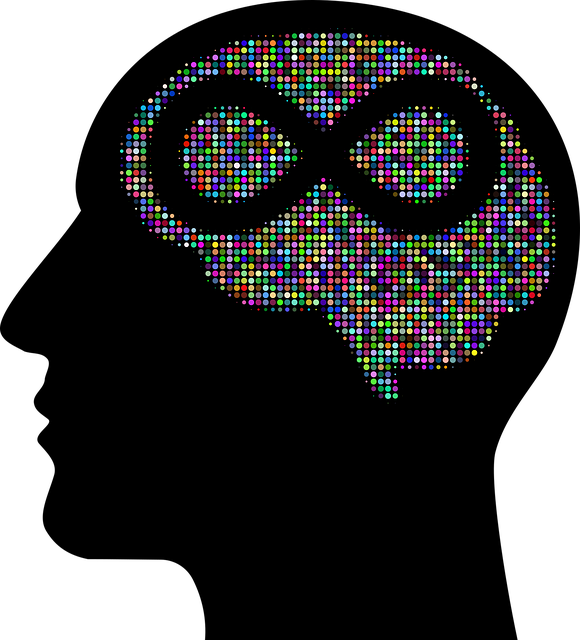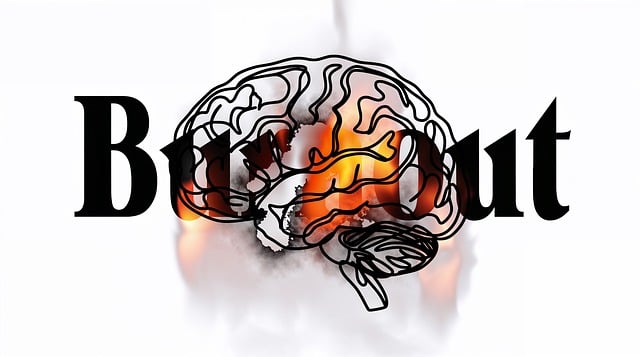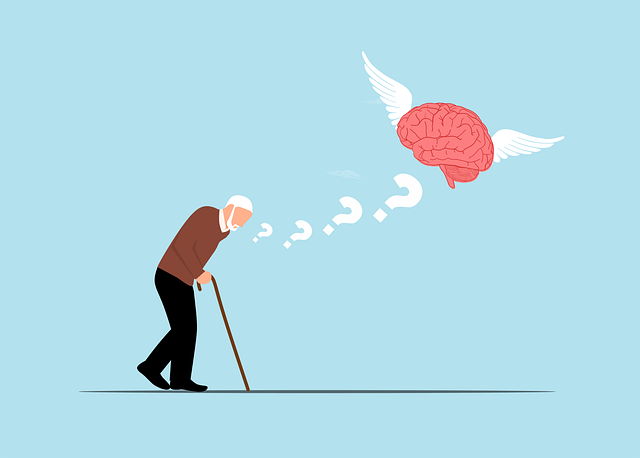Cutting-edge research and integrated technologies, including advanced AI algorithms, are revolutionizing mental illness diagnosis with improved precision. A holistic approach combining Coping Skills Development and Mental Wellness Coaching Programs enhances patient participation and care. Patient perspectives through self-reporting and open dialogue, along with continuous education for healthcare professionals, lead to better symptom tracking, mood management, and tailored treatment plans. This collaborative, patient-centric strategy results in superior pain management therapy and strengthens the doctor-patient relationship for long-term recovery.
Mental illness diagnosis accuracy is paramount for effective treatment and superior pain management therapy. This article explores three key efforts driving improvements in mental health assessment: enhancing diagnostic tools and techniques, integrating patient perspective through self-reporting and clinical collaboration, and continuous education and training for professionals. By focusing on these areas, we can achieve more precise diagnoses, leading to better-tailored treatment plans and ultimately, improved patient outcomes.
- Enhancing Diagnostic Tools and Techniques: Unlocking Precision in Mental Health Assessment
- Integrating Patient Perspective: The Power of Self-Reporting and Clinical Collaboration
- Continuous Education and Training: Equipping Professionals for Accurate Diagnoses and Effective Treatment Plans
Enhancing Diagnostic Tools and Techniques: Unlocking Precision in Mental Health Assessment

In the pursuit of enhancing mental illness diagnosis accuracy, significant efforts are being directed towards advancing diagnostic tools and techniques. This involves leveraging cutting-edge research to develop more sophisticated assessment methods. One notable approach is integrating advanced technologies, such as artificial intelligence (AI) algorithms, into the diagnostic process. These AI models are trained on vast datasets, enabling them to recognize intricate patterns in patient data, leading to improved precision. For instance, machine learning algorithms can analyze medical records, symptoms reported in a Mental Wellness Journaling Exercise, and even language patterns from conversations to aid in identifying specific mental health conditions more effectively.
Furthermore, the incorporation of Coping Skills Development and Mental Wellness Coaching Programs into diagnostic settings is gaining traction. By providing individuals with guidance and support during the assessment process, these programs enhance patient participation and offer a holistic perspective on mental wellness. This multi-faceted approach ensures that diagnosis accuracy is not solely based on traditional criteria but also considers the unique needs, experiences, and strengths of each individual, ultimately leading to superior pain management therapy for those struggling with mental health challenges.
Integrating Patient Perspective: The Power of Self-Reporting and Clinical Collaboration

Integrating patient perspectives is a powerful strategy to enhance mental illness diagnosis accuracy. Encouraging individuals to self-report their experiences and symptoms allows healthcare professionals to gain valuable insights into their internal world. This collaborative approach combines the expertise of clinicians with the firsthand knowledge of patients, fostering a more comprehensive understanding of complex mental health conditions. By actively involving patients in their care, healthcare providers can identify nuances that may be missed through traditional methods alone.
Self-reporting techniques and open dialogue facilitate better symptom tracking and mood management. Patients equipped with empathy-building strategies and mental health education can effectively communicate their needs, leading to more precise diagnoses and tailored treatment plans. This patient-centric approach not only improves pain management therapy but also strengthens the doctor-patient relationship, ensuring a supportive environment for long-term recovery.
Continuous Education and Training: Equipping Professionals for Accurate Diagnoses and Effective Treatment Plans

Mental health professionals play a pivotal role in accurately diagnosing and treating mental illnesses. Continuous education and training are essential to keep up with the latest research, treatment methods, and cultural nuances that impact mental healthcare. By participating in ongoing professional development programs, practitioners gain deeper insights into complex conditions, enhancing their ability to recognize subtle symptoms and differentiate between similar disorders. This, in turn, leads to more precise diagnoses and tailored treatment plans.
One effective strategy is incorporating self-awareness exercises for professionals, allowing them to recognize their biases and limitations. Cultural sensitivity in mental healthcare practice is another crucial aspect that ensures diverse populations receive appropriate care. Additionally, focusing on depression prevention through early intervention strategies and lifestyle modifications can significantly impact overall mental health outcomes. These efforts collectively contribute to improving the accuracy of diagnoses and enhancing the effectiveness of treatment plans, ultimately fostering superior pain management therapy.
Mental illness diagnosis accuracy has seen significant advancements through enhanced tools, patient-centric approaches, and continuous education. By unlocking new assessment methods, integrating self-reporting with clinical expertise, and equipping professionals with the latest knowledge, we can achieve more precise evaluations. This, in turn, leads to superior pain management therapy, improved treatment plans, and ultimately, better outcomes for those struggling with mental health conditions.














